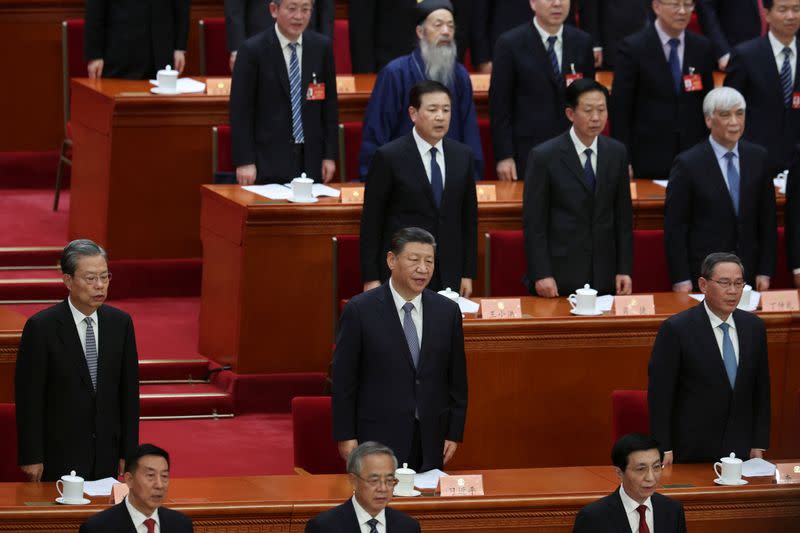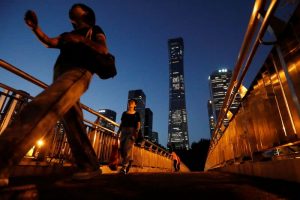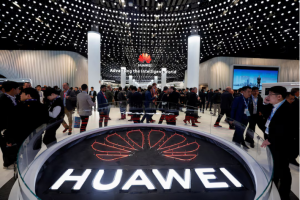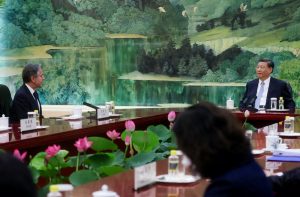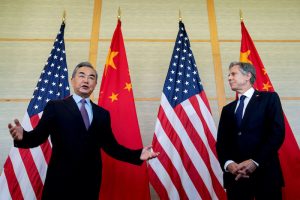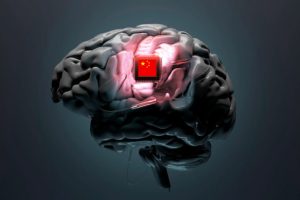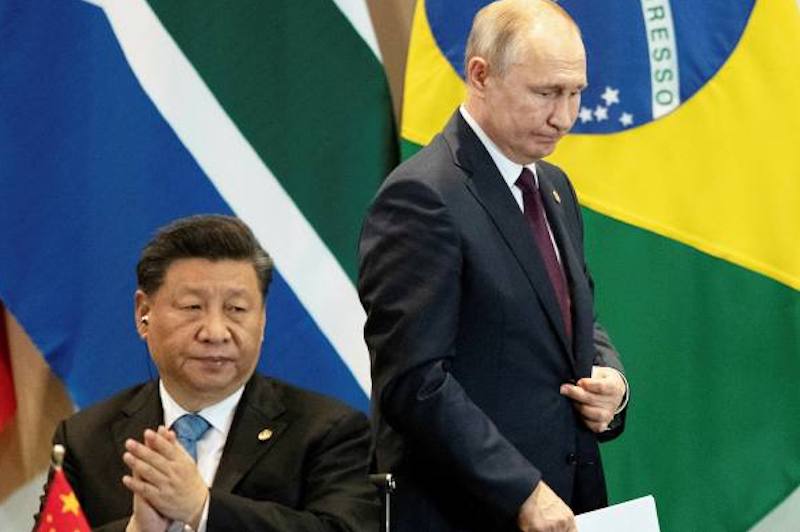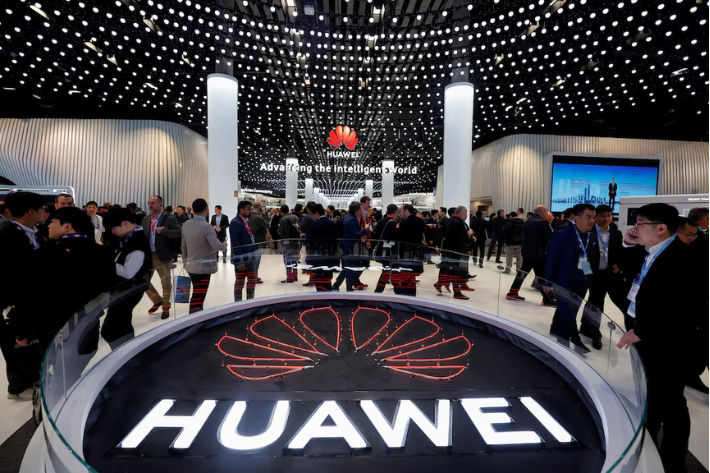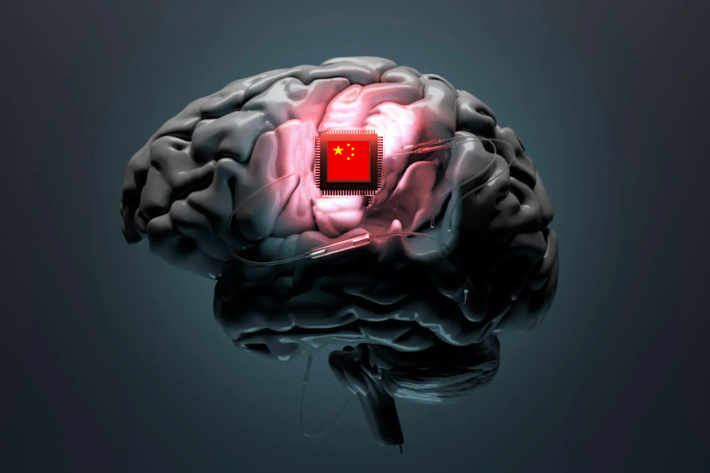Chinese Premier Li Qiang delivered his maiden work report at the National People’s Congress in Beijing on Tuesday.
The key goals outlined by Li at the NPC’s annual meeting in the Great Hall of the People in Tiananmen Square were:
# economic growth of around 5% this year;
# transforming China’s development model;
# curbing industrial overcapacity;
# and cutting wasteful spending by local governments.
ALSO SEE: AI Could Pass Human Tests This Decade, Says Nvidia Chief
The growth target was similar to last year but will require stronger government stimulus for China to reach it, as the economy remains reliant on state investments in infrastructure that have led to a mountain of municipal debt.
A stuttering post-Covid recovery in the past year has laid bare China’s deep structural imbalances, from weak household consumption to increasingly lower returns on investment, prompting calls for a new development model.
A property crisis, deepening deflation, a stock market rout, and mounting local government debt woes have increased the pressure on China’s leaders to respond to these calls.
“We should not lose sight of worst-case scenarios and should be well prepared for all risks and challenges,” Li said.
“In particular, we must push ahead with transforming the growth model, making structural adjustments, improving quality, and enhancing performance.”
There were no immediate details on the changes China intended to implement.
Bid to create 12m jobs, but keep debt low
In setting the growth target, policymakers “have taken into account the need to boost employment and incomes and prevent and defuse risks,” Li said, adding China intended to have a “proactive” fiscal stance and “prudent” monetary policy.
China plans to run a budget deficit of 3% of economic output, down from a revised 3.8% last year. But crucially, it plans to issue 1 trillion yuan ($139 billion) in special ultra-long-term treasury bonds, which are not included in the budget.
The special bond issuance quota for local governments was set at 3.9 trillion yuan, versus 3.8 trillion yuan in 2023. China also set the consumer inflation target at 3% and aims to create over 12 million urban jobs this year, keeping the jobless rate at around 5.5%.
“The Chinese government does not want to stimulate the economy too much, … and also wants to keep leverage relatively low,” said Xia Qingjie, economics professor at Peking University. The budget deficit target can be adjusted later this year, if needed, Xia added.
Analysts expect China to lower its annual growth ambitions in the future. The International Monetary Fund projects China’s economic growth at 4.6% this year, declining further in the medium term to about 3.5% in 2028.
Reforms possible at plenum late this year
China will continue to pour resources into tech innovation and advanced manufacturing, in line with President Xi Jinping’s push for “new productive forces,” Li said.
Some analysts have criticised this policy, however, saying it exacerbates industrial overcapacity, deepens deflation and heightens trade tensions with the West.
Reform advocates, worried about record low consumer confidence and plunging investor and business sentiment, want China to return to a path of pro-market policies and boost household demand.
The NPC is not the traditional venue for sharp policy shifts, which are usually reserved for events known as plenums, held by the Communist Party between its once-every-five-year congresses.
One such plenum was initially expected in the final months of 2023. While it could still take place later this year, the fact that it has not yet been scheduled has fuelled investor concerns over policy inaction.
- Reuters with additional editing by Jim Pollard
ALSO SEE:
All Eyes on Premier Li Qiang’s Work Report at China Congress
China Property Sales Drop for 10th Straight Month in February
Chinese Firms Withdraw IPOs at Record Rate Amid Regulatory Ire
China Chops Mortgage Benchmark Rate to Boost Property Market
China’s Deflation And Weak Economy Point to Another Bumpy Year
Critics Say China’s ‘National Team’ Can’t Fix Its Sinking Markets




